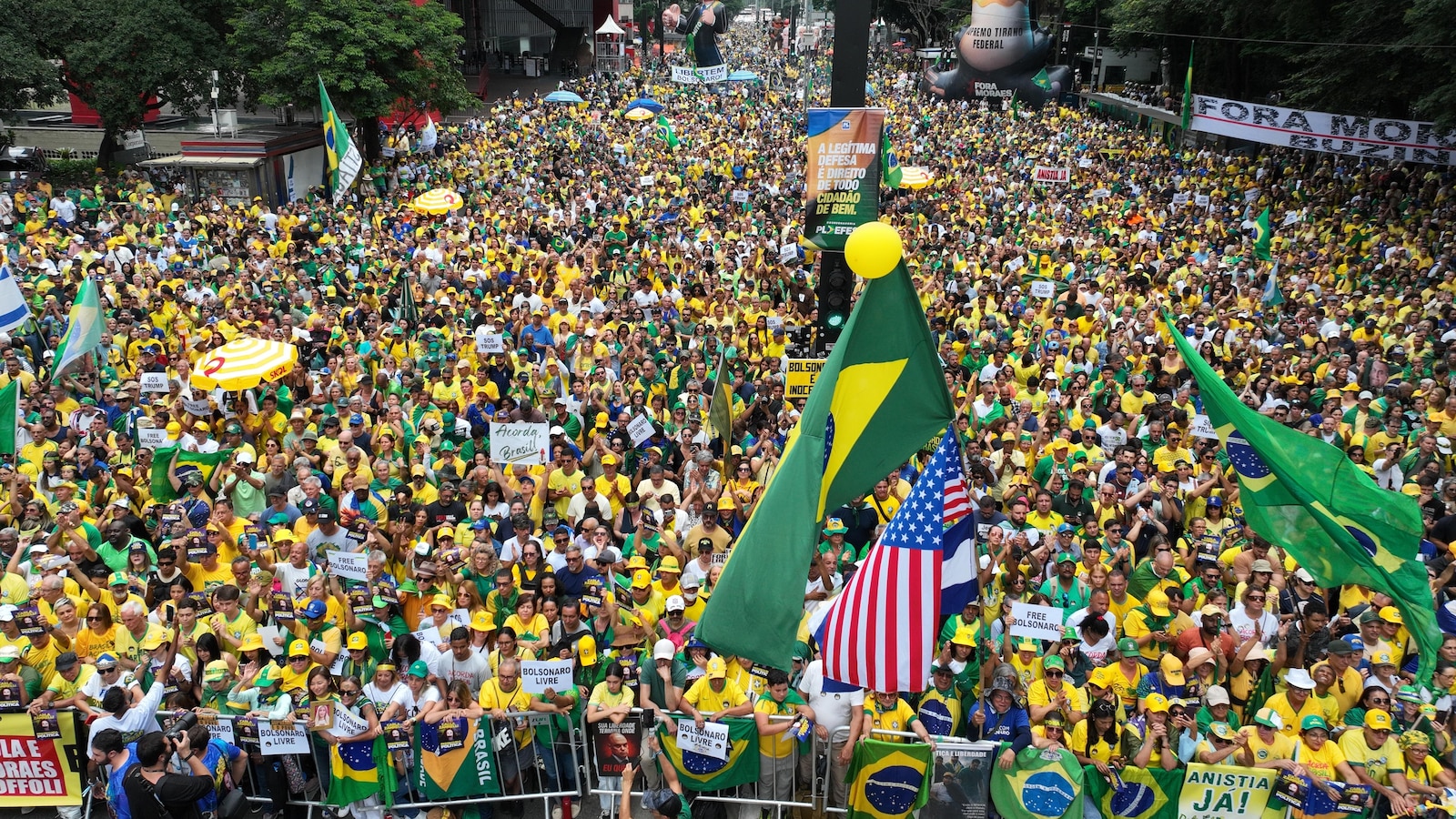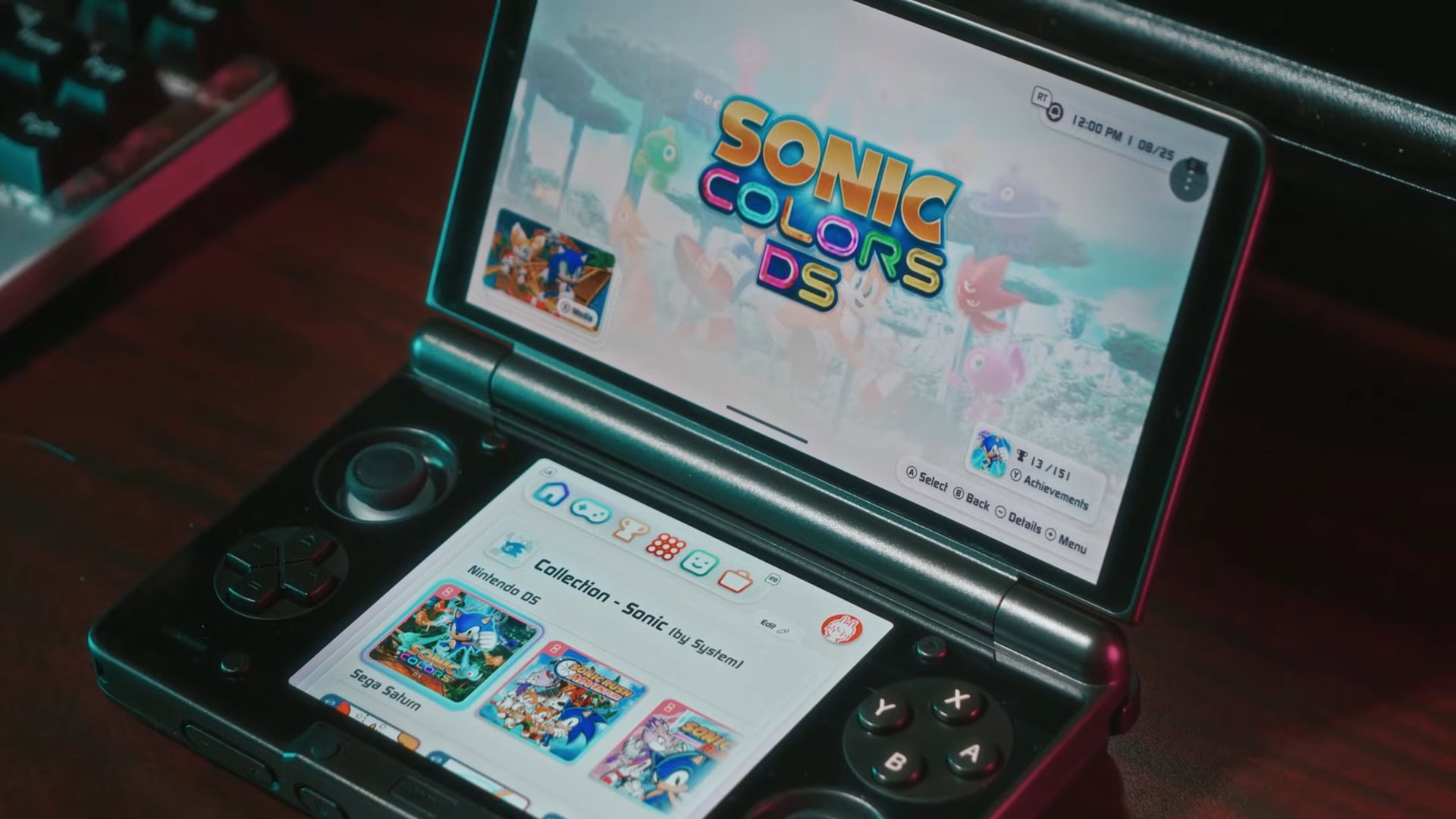https://sputniknews.com/20221101/lula-to-face-more-challenging-term-than-before-has-to-balance-between-china-us-1102927109.html
Lula to Face More Challenging Term Than Before, Has to Balance Between China, US
Lula to Face More Challenging Term Than Before, Has to Balance Between China, US
MOSCOW (Sputnik), Kirill Krasilnikov – Brazil’s returning president, Luiz Inacio Lula da Silva, will have to face more challenging circumstances than during… 01.11.2022, Sputnik International
2022-11-01T16:33+0000
2022-11-01T16:33+0000
2022-11-01T16:33+0000
opinion & analysis
brazil
lula da silva
president
term
/html/head/meta[@name=”og:title”]/@content
/html/head/meta[@name=”og:description”]/@content
https://cdnn1.img.sputniknews.com/img/07e6/0b/01/1102926945_0:133:3163:1912_1920x0_80_0_0_40fb6dae1b49c4eb518498d995b8f28a.jpg
According to official results from Brazil’s Superior Electoral Court (TSE), released after 100% of the ballots were processed on Monday, Lula got 50.9% of the vote, securing victory in the Sunday runoff over the sitting president, Jair Bolsonaro, who won 49.1% of the vote.In 2018, Lula, who was president from 2003-2010, was sentenced to 12 years in prison in a corruption case known as Operation Car Wash. Many rights defenders slammed the verdict over violations of the ex-president’s right to a fair trial.Last year, the Supreme Court of Brazil overturned all criminal convictions against Lula on the grounds that the ex-leader was tried in a court without proper jurisdiction, making it possible for the politician to run in the latest presidential election.Past and PresentLula came to power in the early 2000s as part of the so-called “left turn” in Latin America, which saw the rise of left-wing governments in countries such as Venezuela, Brazil, Chile and Ecuador. His presidency coincided with rising oil prices, allowing the government to implement social policies that improved the lives of millions of Brazilians.At the same time, Lula conducted a multi-vector foreign policy, courting countries such as China and Russia while also preserving friendly relations with the US. One of the results of Lula’s foreign policy was the creation of the partnership between Brazil, Russia, India, China and South Africa known as BRICS, which aims to foster economic and other forms of cooperation.The situation has changed drastically over the years, as the US has adopted a more hawkish stance with regard to a more assertive China as well as leading the global effort to impose sanctions on Russia over the conflict in Ukraine.Milani added that Lula’s talents for negotiations must not be underestimated, even though “Brazil will have less ‘marge de manoeuvre’ in its relations with the US-EU and BRICS (mostly China), simply because Brazil needs more support now than it did in 2003.”Competition between the US and China, the conflict in Ukraine, climate change, the post-pandemic situation as well as “the need to rebuild regional leadership and institutions in Latin America” are among the major international challenges at the moment, the expert said.Rafael Ioris, a professor of Latin American History at the University of Denver, concurred, stating that “Lula is going to face a more challenging world as well as a more challenging Brazil, which is much more polarized today as well.”Bossa Velha?Despite all the current challenges, both experts expect Lula to be able to secure good relations with Washington under the Biden administration, citing his previous track record during the George W. Bush era as well as the overall history of ties between Brazil and the US.Ioris, for his part, suggested that Biden and Lula could find common ground as successors to right-wing populists, ex-US President Donald Trump and Brazil’s Bolsonaro.The expert cautioned that while the two presidents share a similar experience and will try to discuss it, how this will play out in practice will be more complicated.
brazil
2022
News
en_EN
brazil, lula da silva, president, term
brazil, lula da silva, president, term
MOSCOW (Sputnik), Kirill Krasilnikov – Brazil’s returning president, Luiz Inacio Lula da Silva, will have to face more challenging circumstances than during his previous time in office, since he will have to balance relations with the United States and China as well as contend with more polarized domestic politics, experts told Sputnik.
According to official results from Brazil’s Superior Electoral Court (TSE), released after 100% of the ballots were processed on Monday, Lula got 50.9% of the vote, securing victory in the Sunday runoff over the sitting president, Jair Bolsonaro, who won 49.1% of the vote.
In 2018, Lula, who was president from 2003-2010, was sentenced to 12 years in prison in a corruption case known as Operation Car Wash. Many rights defenders slammed the verdict over violations of the ex-president’s right to a fair trial.
Last year, the Supreme Court of Brazil overturned all criminal convictions against Lula on the grounds that the ex-leader was tried in a court without proper jurisdiction, making it possible for the politician to run in the latest presidential election.
Past and Present
Lula came to power in the early 2000s as part of the so-called “left turn” in Latin America, which saw the rise of left-wing governments in countries such as Venezuela, Brazil, Chile and Ecuador. His presidency coincided with rising oil prices, allowing the government to implement social policies that improved the lives of millions of Brazilians.
At the same time, Lula conducted a multi-vector foreign policy, courting countries such as China and Russia while also preserving friendly relations with the US. One of the results of Lula’s foreign policy was the creation of the partnership between Brazil, Russia, India, China and South Africa known as BRICS, which aims to foster economic and other forms of cooperation.
The situation has changed drastically over the years, as the US has adopted a more hawkish stance with regard to a more assertive China as well as leading the global effort to impose sanctions on Russia over the conflict in Ukraine.
“In structural and geopolitical terms, 2023 will be very different from 2003, which means Lula and his team will need to be more creative and think out of the box!” Carlos Milani, an associate professor of International Relations and vice-director of Rio de Janeiro State University’s Institute of Social and Political Studies, said.
Milani added that Lula’s talents for negotiations must not be underestimated, even though “Brazil will have less ‘marge de manoeuvre’ in its relations with the US-EU and BRICS (mostly China), simply because Brazil needs more support now than it did in 2003.”
Competition between the US and China, the conflict in Ukraine, climate change, the post-pandemic situation as well as “the need to rebuild regional leadership and institutions in Latin America” are among the major international challenges at the moment, the expert said.
Rafael Ioris, a professor of Latin American History at the University of Denver, concurred, stating that “Lula is going to face a more challenging world as well as a more challenging Brazil, which is much more polarized today as well.”
“It’s not the same situation, because Brazil is much more tied to China, specifically economically, now than 20 years ago, so there will be a little more balancing to be done. The US and China are competing for influence over Latin America now, and Lula is going to have to negotiate those things. But I think he certainly has a history of being able to do that, to maintain good relations with the United States and good relations with China,” Ioris said.
Bossa Velha?
Despite all the current challenges, both experts expect Lula to be able to secure good relations with Washington under the Biden administration, citing his previous track record during the George W. Bush era as well as the overall history of ties between Brazil and the US.
“Lula had creative and positive ties with Bush, why not with Joe Biden? I would not bet on an anti-USA stance taken by the Lula administration in 2023,” Milani said, adding that “there will be negotiations, for sure, particularly in the field of climate, environmental protection, and human rights.”
Ioris, for his part, suggested that Biden and Lula could find common ground as successors to right-wing populists, ex-US President Donald Trump and Brazil’s Bolsonaro.
“I think Biden is willing to work with Lula, he is interested in doing that because, again, he prefers Lula to Bolsonaro because of the history of Bolsonaro and Trump, and Lula knowing that — he is not naive— will use it as well,” Ioris explained, noting that “Biden is interested in strengthening the idea of democratic rules, respect for democratic rules” while “Lula as well will need to rebuild some democratic practices and narratives in Brazil after Bolsonaro.”
The expert cautioned that while the two presidents share a similar experience and will try to discuss it, how this will play out in practice will be more complicated.















